| বাংলায় পড়ুন | Researchers and Reporters: Tanjil Fuad Anika Taieba |
The July–August 2024 student-led revolution is a pivotal period in Bangladeshi history. The nation underwent economic as well as political transformations as a result of the movement. The dictatorship of former Prime Minister Sheikh Hasina was overthrown by the revolution. It also revealed the flaws and inadequacies in the nation’s economy. In an attempt to guarantee stability and reconstruction following years of exploitation and corruption, the interim government, headed by Nobel Prize winner Dr. Muhammad Yunus, is currently implementing reforms throughout the nation. There are plenty of chances for change, but there are also numerous obstacles to overcome.
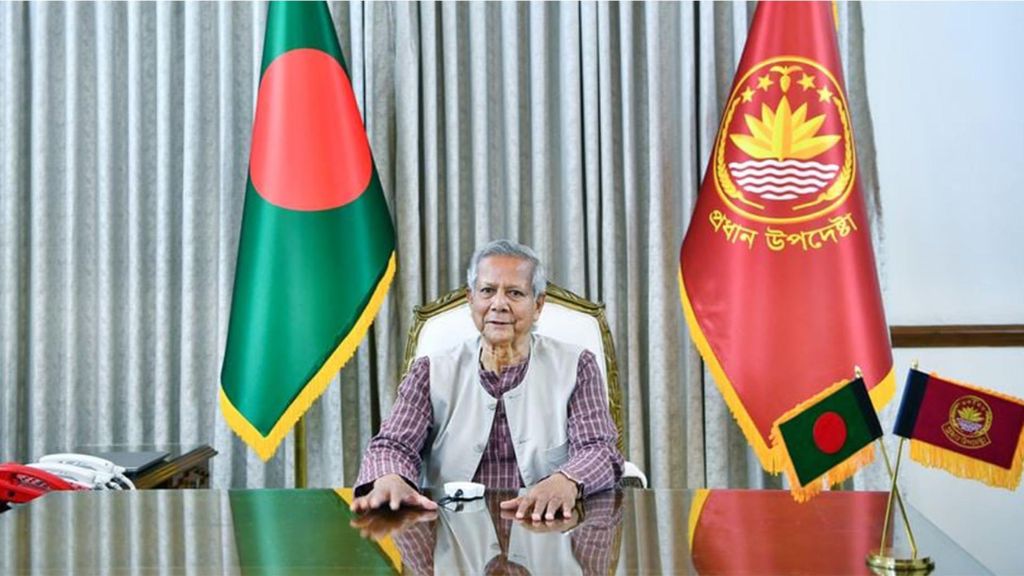
Comprehensive reform initiatives for the future of Bangladesh under the leadership of Nobel laureate Dr. Muhammad Yunus. | Photo collected.
Economic Weaknesses
The economy of the departing Awami League government was beset by high inflation, declining foreign exchange reserves, mounting debt, and a lack of investment. Economic progress has been impeded by corruption and inefficiencies in the commercial sector as well as in the public sector. The economic recession was exacerbated by the July-August revolution, which severely harmed the manufacturing and service sectors. Devastating floods in the north and east continued to exacerbate this. The Bangladesh Bureau of Statistics reports that the losses resulting from the floods amount to 0.26% of the estimated GDP for the fiscal year 2024–2025. As the agriculture sector, the backbone of the economy has been impacted, worries about food security and price stability have grown.
Initiatives for Reform of the Provisional Administration
The Interim Government has recognized these issues and implemented many reform programs to boost the economy and guarantee fair growth. Electoral reform, the judiciary, the public administration, and the anti-corruption commission are among the six important commissions that have been constituted. The banking and financial industries, which have been beset by persistent loan defaults and lax regulation, are especially vulnerable to initiatives.
Reforms in the banking sector
Under Bangladesh Bank’s direction, a task force has been established to eliminate inefficiencies in the banking industry. A competitive financial climate, greater transparency, and a decrease in loan defaults are among the top priorities. Simplifying the lending process is another way the interim government hopes to win back the trust of both foreign and domestic investors.
Investing in Assets and Economic Planning
“Economic Re-Strategy and Asset Accumulation for Fair and Sustainable Development” is the name of the task force established by the Ministry of Planning. This program demonstrates how urgent it is to correct fiscal imbalances through increasing tax revenue, lowering reliance on foreign debt, and encouraging sustainable business practices.
Current Economic Challenges
Several pressing issues persist despite these reform efforts:

Immediate economic challenges and solutions for the future of Bangladesh. | Photo collected.
- High Inflation: As agricultural production is disrupted by floods, prices are rising further, reducing purchasing power. Bangladesh Bank’s contractionary monetary policy hasn’t produced any notable outcomes yet because market syndicates are still in a strong position.
- Law and order: Industrial productivity and investor confidence have been impacted by the post-revolutionary decline in law and order. To restore law and order, military force has been used momentarily; nonetheless, a long-term solution is required.
- Slowed economic growth: The World Bank reduced Bangladesh’s growth estimate for the fiscal year 2024–2025 from 5.7% to 4%. This drop suggests that quick action is required to boost the services and industrial sectors.
Sustainable growth initiatives
Utilizing human resources
Bangladesh’s enormous human resources, particularly youngsters and women, are still not fully used. With the development of skills and high-quality education, this promise can be realized. The development of entrepreneurship, technical training, and STEM (Science, Technology, Engineering, and Mathematics) education can all contribute to the creation of a workforce that is resilient and dynamic.
The agricultural sector’s modernization
Even though the agriculture sector is resilient, upgrading is necessary to boost sustainability and production. Digital agricultural technologies, climate-resilient crops, and better irrigation systems can all boost farmers’ profits while ensuring food security.
Increased industrial sector diversity
Bangladesh must diversify its industrial sector to lessen its reliance on more established industries like the apparel industry. New industries with the potential to increase exports and create high-value jobs include information technology, renewable energy, and pharmaceuticals.
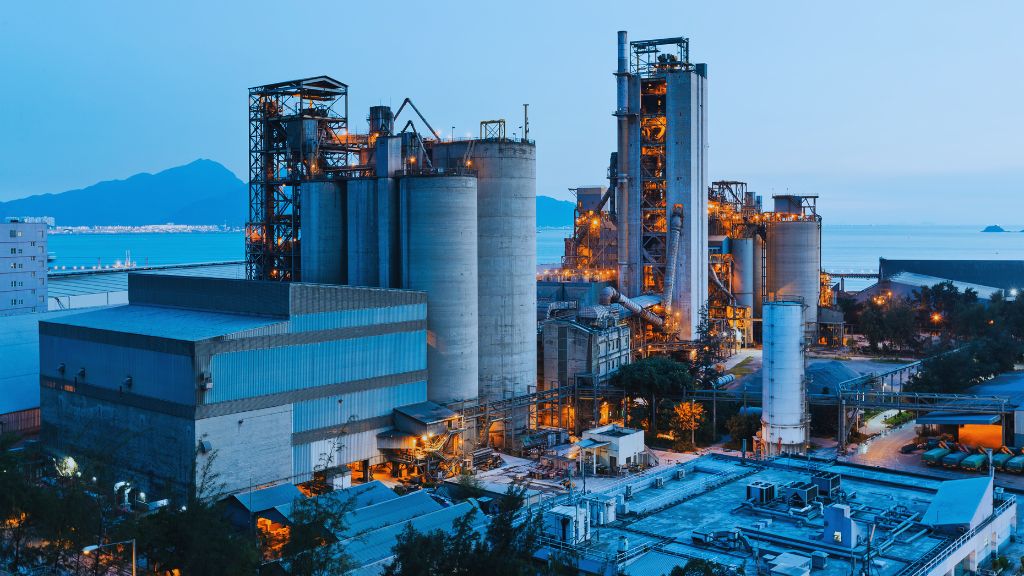
Exploring the diversification of the industrial sector and economic potential in future Bangladesh. | Photo collected.
The Road Ahead
It is still a long and difficult road to a sustainable economic recovery, despite the interim government’s admirable efforts to stabilize the nation. To ensure its success and continuity, future elected administrations must carry out the reforms currently being implemented under the interim administration. To keep the momentum going, openness, responsibility, and public involvement will be essential.
With the correct policies and unwavering execution, Bangladesh may change its economic situation. The aspirations of those who lost their lives in the July Revolution and battled for independence may be realized. Although there may be obstacles in the way, the vision of a thriving, democratic Bangladesh holds promise for the future.


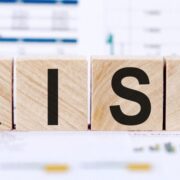

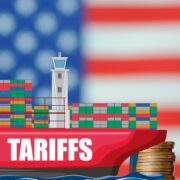

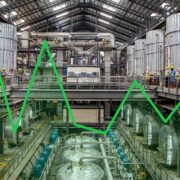
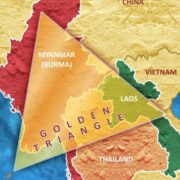









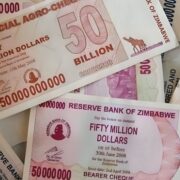

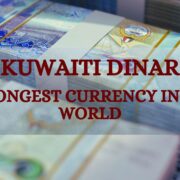





Comments